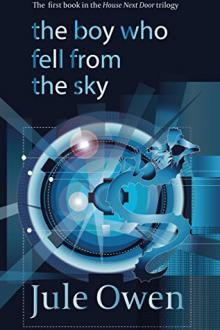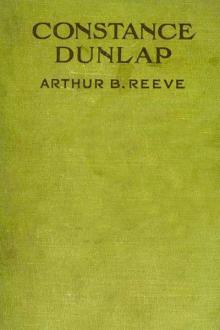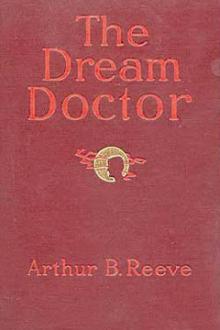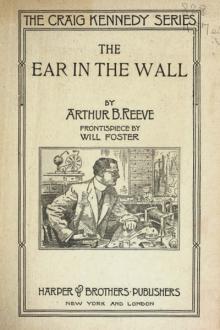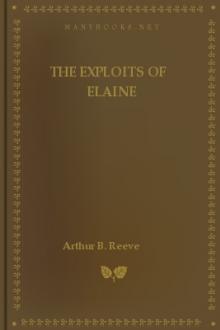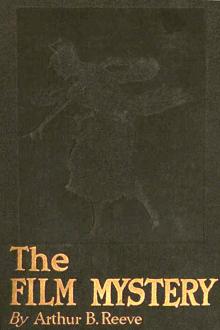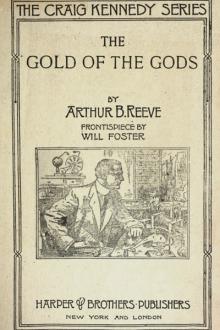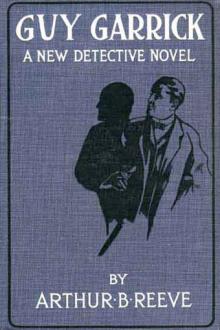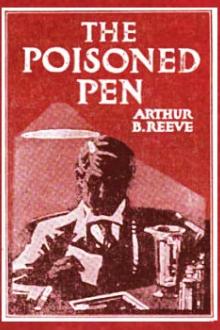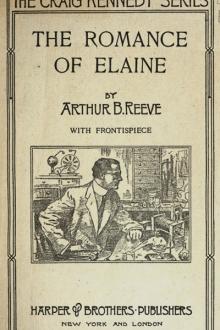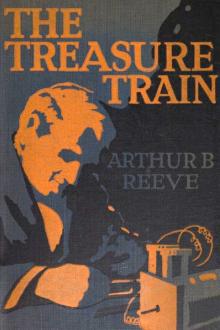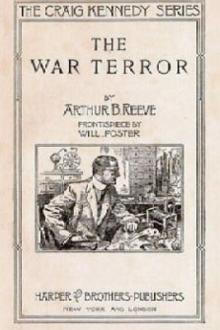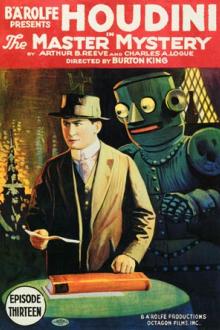The Silent Bullet
The Silent Bullet
When Thomas A. Edison, one of the most ingenious Americans that ever lived and one of the greatest discoverers of new inventions, calls a book "very ingenious and new," that book certainly merits attention.I The Silent BulletII The Scientific CracksmanIII The Bacteriological DetectiveIV The Deadly TubeV The Seismograph AdventureVI The Diamond MakerVII The Azure RingVIII "Spontaneous Combustion"IX The Terror In The AirX The Black HandXI The Artificial ParadiseXII The Steel Door
Book Excerpt
ectives. They're all right. They're indispensable, of course. Half the secret of success nowadays is organisation. The professor of criminal science should be merely what the professor in a technical school often is--a sort of consulting engineer. For instance, I believe that organisation plus science would go far to ward clearing up that Wall Street case I see you are reading."
I expressed some doubt as to whether the regular police were enlightened enough to take that view of it.
"Some of them are," he replied. "Yesterday the chief of police in a Western city sent a man East to see me about the Price murder: you know the case?"
Indeed I did. A wealthy banker of the town had been murdered on the road to the golf club, no one knew why or by whom. Every clue had proved fruitless, and the list of suspects was itself so long and so impossible as to seem most discouraging.
"He sent me a piece of a torn handkerchief with a deep blood-stain on it," pursued Kennedy. "He said it clearly di
Editor's choice
(view all)Popular books in Mystery/Detective, Short Story Collection, Fiction and Literature
Readers reviews
3.0
LoginSign up
Duting his hayday, Craig Kennedy was promoted as "The American Sherlock Holmes" and "The Scientific Detective."
He was not the American Sherlock Holmes, primarily because Arthur Reeve was not an American Arthur Conan Doyle. Kennedy is a much more one dimensional character than Holmes, and he solves his criminal problems more often with technology than deduction.
As to the claim of being a Scientific detective, two points have to be made. The first is Willard Huntinting Hunt (who wrote mysteries as ss Van Dine) claimed that Kennedy was a pseudo-scientist, almost a science fiction rather than mystery writer. The second is that some of the short stories were collected into a book called "The Boy Scout's Craig Kennedy."
Hunt's criticism has the defect of being both self-serving and inacceurate. Reeve might occasionally take a scientific slightly beyond the applications of his day--for example Kennedy uses a wire recorder in one of his books, although wire recording was not commercially available until 1945--but his science was almost never more than one step ahead of practical application.
The Boy Scout edition of the stories shows that much of the science was on the level of the Boy Mechanic series, and the emphasis in the stories was too much on the construcction of crime fighting equipment. Any reader of this book should also bear in mind the date of publication. That way he will not be surprised to find that one of Kenndy's innovations is to use any oxyacetelene torch to cut through steel.
Having said all that, I must say that this is a fun book to read. The plot lines are usually interesting, and the stories contain enough thought and enough action to hold the reader's attention. A chance to view the state of technology in the early days of the last centurey also makes the reading of this book and the other books in the series worthwhile. I would give this a three and one-half rating.
He was not the American Sherlock Holmes, primarily because Arthur Reeve was not an American Arthur Conan Doyle. Kennedy is a much more one dimensional character than Holmes, and he solves his criminal problems more often with technology than deduction.
As to the claim of being a Scientific detective, two points have to be made. The first is Willard Huntinting Hunt (who wrote mysteries as ss Van Dine) claimed that Kennedy was a pseudo-scientist, almost a science fiction rather than mystery writer. The second is that some of the short stories were collected into a book called "The Boy Scout's Craig Kennedy."
Hunt's criticism has the defect of being both self-serving and inacceurate. Reeve might occasionally take a scientific slightly beyond the applications of his day--for example Kennedy uses a wire recorder in one of his books, although wire recording was not commercially available until 1945--but his science was almost never more than one step ahead of practical application.
The Boy Scout edition of the stories shows that much of the science was on the level of the Boy Mechanic series, and the emphasis in the stories was too much on the construcction of crime fighting equipment. Any reader of this book should also bear in mind the date of publication. That way he will not be surprised to find that one of Kenndy's innovations is to use any oxyacetelene torch to cut through steel.
Having said all that, I must say that this is a fun book to read. The plot lines are usually interesting, and the stories contain enough thought and enough action to hold the reader's attention. A chance to view the state of technology in the early days of the last centurey also makes the reading of this book and the other books in the series worthwhile. I would give this a three and one-half rating.
- Upvote (0)
- Downvote (0)
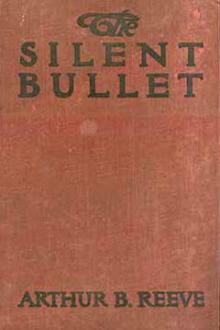
 Free Download
Free Download